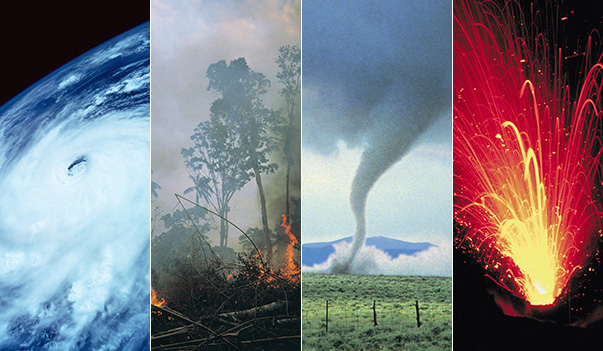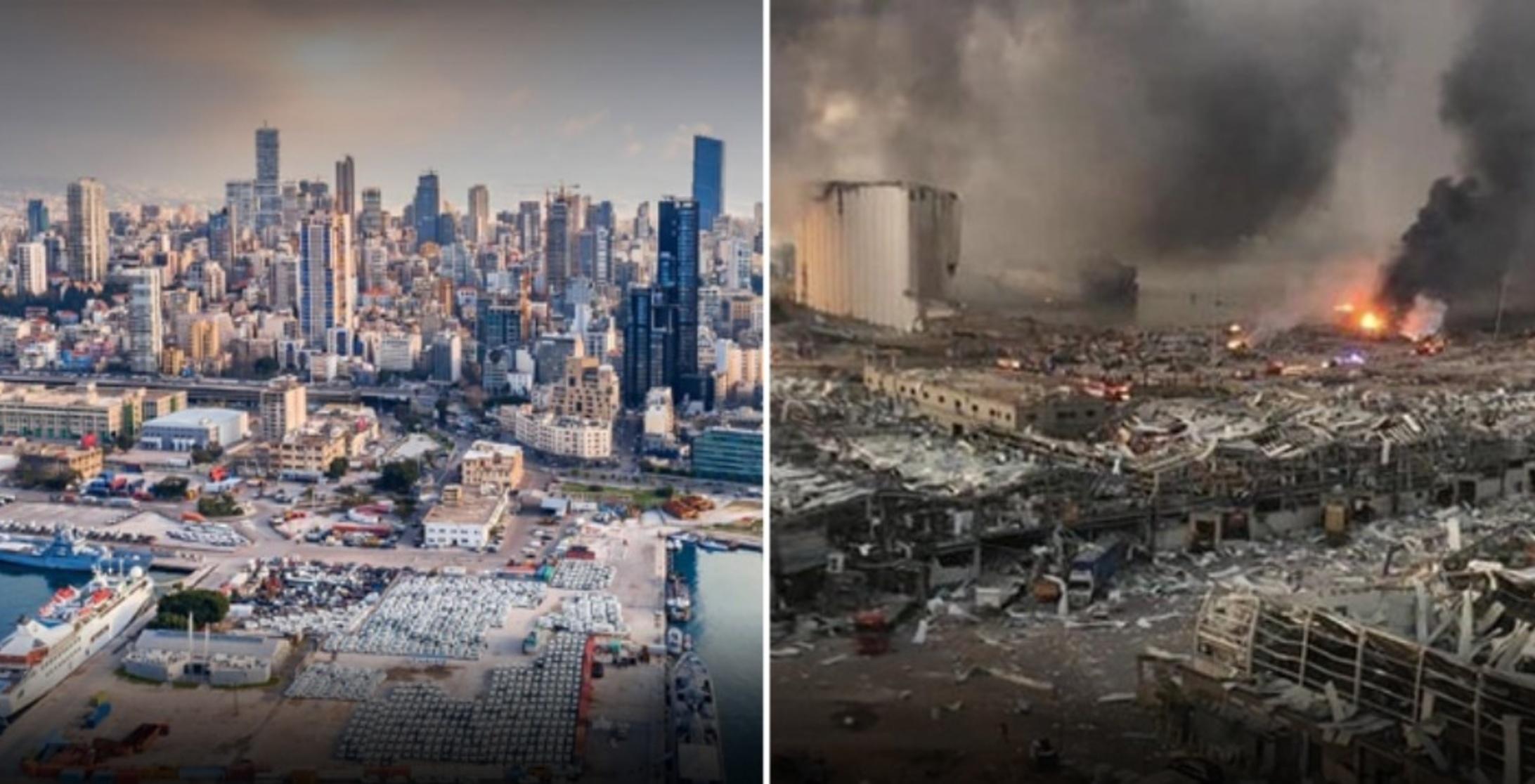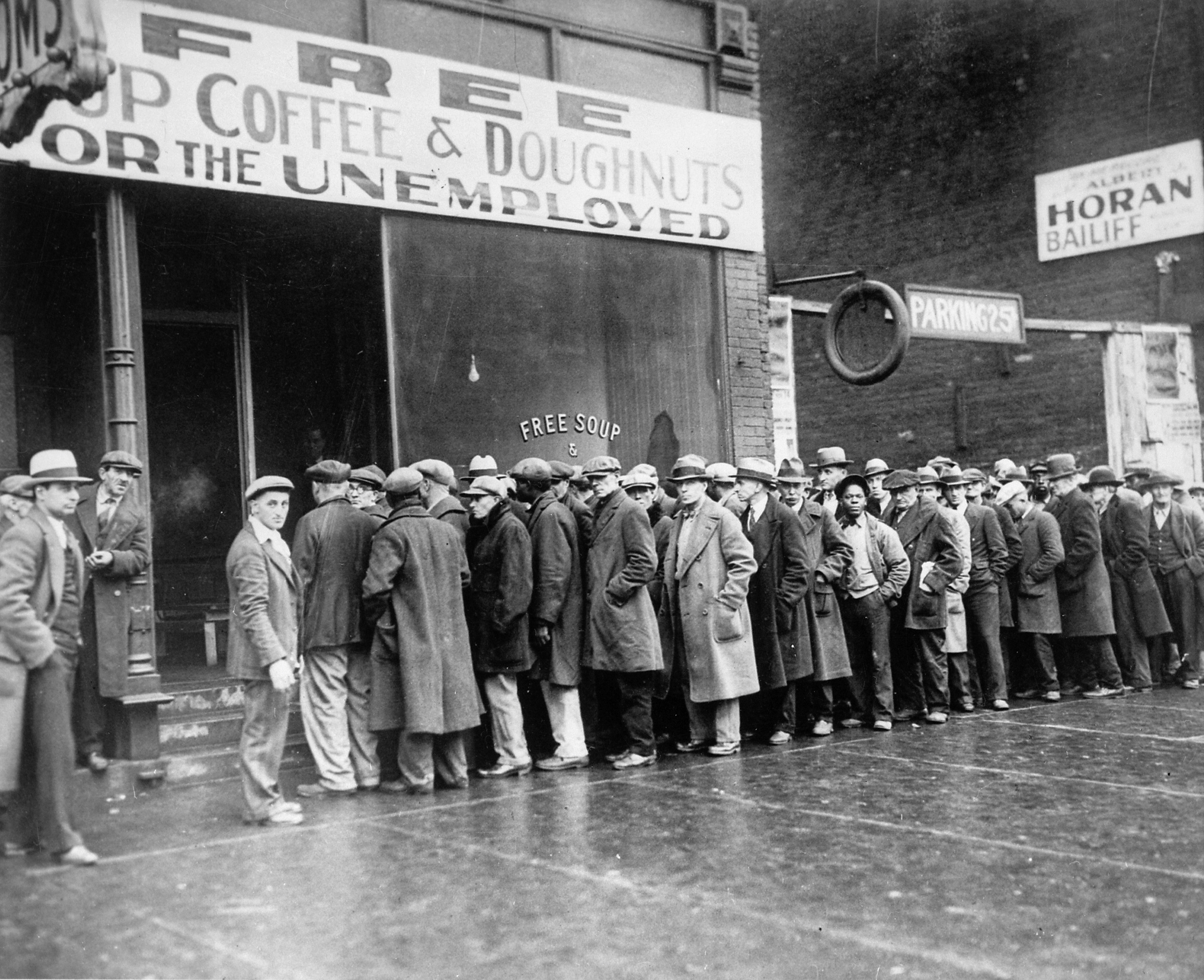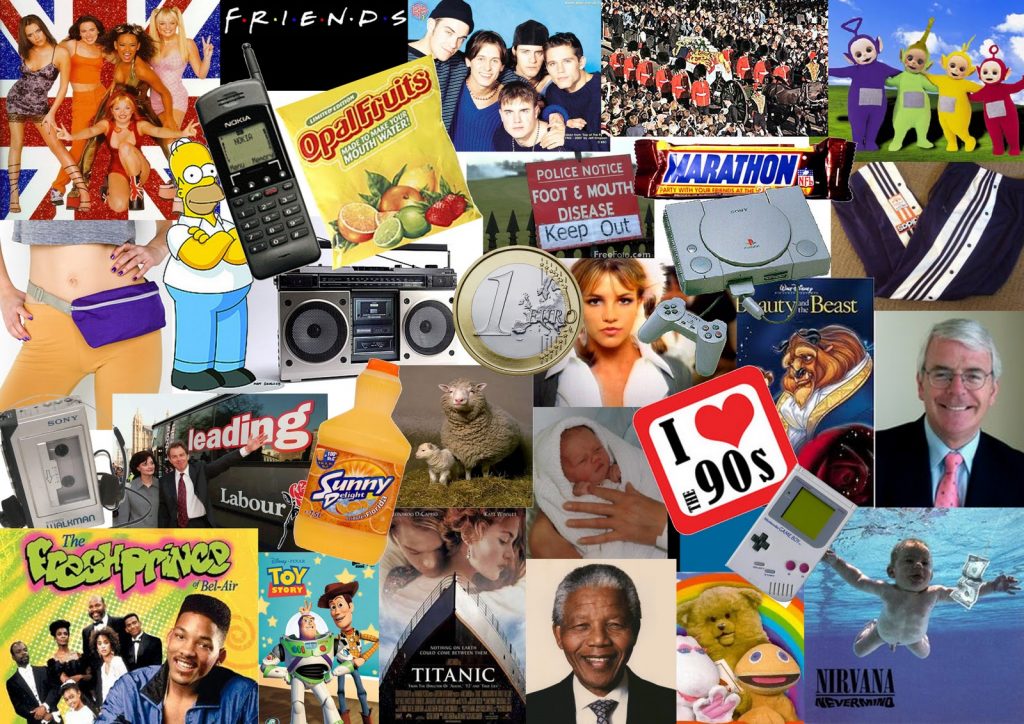America is exhausted.
Not just exhausted, but overwhelmed with fatigue.
This isn’t something new. We have been tired for one reason or another for decades, but the issue has only grown exponentially in the past few years and has skyrocketed during the pandemic. Many books have been written about how we need more sleep (think The sleep revolution), and advice on how to get more sleep (put your phones in another room, get a better mattress), but the fatigue I am talking about is different than just a lack of sleep. It is an exhaustion of our current system, a rejection of our current way of life. America’s fatigue is presenting physically, but stems from a mental and an emotional exhaustion that we have not yet come to terms with.
Too much fatigue, hyper-fatigue, is dangerous to the psyche and the soul, our society and our world. We are in danger of crossing a line from which we may never return, so it is important to understand the concept of fatigue: why it is dangerous, where it comes from and how to relieve it so we can move forward towards Belonging and a better future for all.

The Dangers of Fatigue
Humans do not function well under a state of fatigue. Fatigue is the inability to exert the necessary physical force one would expect their body to reasonably accommodate. (skybrary.areo) Mentally, fatigue leads to a general decrease of attention and the lack of ability to perform complex ( or worse, simple) tasks with efficiency. Fatigue causes our emotions to run out of control and present in the most negative ways: crankiness, irritability, frustration, aggression, etc. People break down in times of great fatigue, we don’t want to eat, we often cannot sleep, tears come at no notice at all and relationships suffer greatly.
People who are fatigued should not be allowed to operate heavy machinery, but they should also not be allowed to make tough decisions, be in charge of others, or be expected to solve problems until they have rested and recuperated. Fatigue can take time to expel, and often requires multiple days of rest and even sometimes counseling before it will fully dissipate. The fact that we are allowing a mass fatigue to perpetuate throughout our society is irresponsible. The fact that we cannot recognize it is scary.

Why are we Fatigued?
Americans have always pushed the envelope when it comes to “making the most of our time” or “living like there’s no tomorrow”. Our country was founded on the principle of always wanting more: more freedom, more land, more choices, more resources, etc. The benefits of this mindset is that we seek growth and always want to achieve greater heights, however, even with the best of intentions this concept provides false expectations. Unending growth is just not possible. We cannot take and never give, we cannot work and never rest, the law of the universe is that we must stay in balance. One of my favorite explanations of this is from ‘The sword in the stone‘ where Merlin explains to Wort that balance makes the world go round.
In our current world we believe that we can say NO to this guiding principle and use the concepts of money, technology and size to stress and stretch and warp the environment to strive for constant growth. Americans glom onto these concepts as guiding principles to a good life. Ideas such as “big is best”, “only the strong survive”, “money makes the world go round” and “technology is inherently good” (unless your enemy wants it too) are catch phrases that we live by with little regard for the fact that anything else could be true.
We have given our leaders the ability to trick the system because what we want is more important than what is best for all. What we do not realize is what we give up in return for this foolishness. Like Pinocchio and the boys on Pleasure Island, we are in danger of turning into asses if we do not mature enough to realize that unending money, pleasure, partying and fun is only part of the equation. In fact, we are already seeing the repercussions of our folly in our current environment by the sheer amount of different types of fatigue we are currently experiencing.
A Myriad of Fatigue
The myriad of collective fatigue we are experiencing can be separated into the following categories: Fatigue of Change, Fatigue of Expectations, Fatigue of Decisions, Fatigue of Emotions
Many of these fatigue experiences have similar sources and can also be linked back to the distractions of money, size, technology and our unending quest for pleasure. Exacerbated by the fact that we have not yet reassessed our social contract, we are also struggling to connect with what our country and society stands for. People without a country, people without beliefs and culture that tie us together, are forced to go it alone and that isolation and fear only adds to our fatigue. Our lack of connections strengthens the fatigue as we have nothing left to recharge our soul but our piles of stuff. Worse yet, we have lost our connections to the past and most ideas have lost their meaning. Without meaning and without history we are in danger of becoming nothing.
Fatigue of Change
Change is a tough concept, but one we continuously face. Change can be exhilarating if we choose it, but excruciating if we do not. Often, changes come at us and make us feel that our ENTIRE world is being turned upside down. This allows the panic and fear emotions to creep into our psyche and craft an unrealistic view of our environment. Living in a time of unprecedented dynamic change, its not hard to see how many people could be struggling with all of the differences they are faced with every day. Struggling against change causes fatigue, struggling to create change does the same.
The world has awakened and erased the borders that so many conservative Americans had tried to keep in place. Those who had created a bubble around their lives in order to keep change at bay are now struggling through ambiguity and with a feeling of loss. Not so much that they don’t want others to have what they have, but more a fear of losing what they have or maintaining their planned future for their children. Whether or not these fears are irrational or unfounded, intercultural misunderstandings and a lack of awareness and understanding in general have created an uneasy, unfamiliar environment that this group is struggling to rebalance.
Others formerly ostracized for different reasons have now gained a sense of power and are ready for change and opportunity. While happy with the change, it feels like a constant fight; one that brings with it waves of weariness, anger, and pain. Change feels too slow at times, but also can bring surprise when the boundaries once believed to be static are constantly pushed by those wanting even more.
Lastly, a worldwide fatigue has grown from the mishandled and misunderstood pandemic still plaguing us all. Not sure who to listen to, what to believe, or even what to do, many have simply given up and are living with a “Que sera, sera” mindset. Unfortunately for many, this turns deadly and is often irreversible. Still, “revenge” is the new norm whether due to a new appreciation of life or a subconscious death wish and our insatiable desire for “normal” is exacerbating so many other fragile systems in our lives. See how dangerous fatigue can be?
Fatigue of Expectations
Our fatigue has also led to broken down systems in other ways. Our expectations of what life can bring, of how we should treat each other, of expertise and what it means, how we should care for ourselves – all of these have been turned upside down and often we live in a land of opposites compared to the world that existed in my childhood.
We are tired of being polite, tired of having manners, and do not understand why life was ever so stuffy and controlled. Decorum has lost its meaning in many ways, and often we are only concerned with how others made US feel, not the other way around. We have expected so much of ourselves that we cannot go any higher. Men must be soft, but still able to be aggressive or protect their family at the drop of a hat, women must be superwomen able to do everything a man can do; biology be damned. Overtly, these ideas are not unreasonable in theory, but the expectation of always being ON and never being able to stop is contributing heavily to our mental health epidemic.
Expectations are also overblown in terms of what we are supposed to care about. Empathy is great, I highly recommend it, but we expect ourselves to be able to constantly care about the entire globe every day. An extremely unreasonable expectation, it has caused us to go around the bend all the way back to having to recreate awareness. While humans are a compassionate species, evolution takes time and the invention of the television and the internet have not happened so long ago that our emotional capacities are able to keep up. Trying to care continuously, always being faced with someone somewhere needing care, has stressed our capacity to the point it has broken. This has caused us to turn inward and unleashed a tidal wave of selfishness that is circling the globe. If we cannot care about everyone then we decide to care about no one.
Fatigue of Decisions
The overabundance of data, media, and options has choked our ability to make decisions. The instability of our leaders and the constant disagreements between experts has left us feeling cheated, and caused us to stop listening to anything but our darkest selves.
Those out of work are struggling to make the necessary decisions to make ends meet, those who never stopped working are exhausted due to living in two worlds. Work has become so hard that many people have left, some without any idea of what the future has in store. Anything is better than what we have now, they think, but have no idea what they really are searching for and no idea how to make the decisions to get them there.

Fatigue of emotions
All of these stressors have cracked our desire to feel. Fatigue of empathy, but also fatigue of emotions in general. We do not want to cry, and little makes us laugh. Anger wears us out and creates a hole in our heart unable to be filled. With everything going on we have no one to share it with because we constantly feel misunderstood.
Depression is cured for a bit only when drowning in wine, drugs or streaming services. Eating comforts, but then we feel guilt and then back to depression we go. Relationships have grown so hard that we would rather not try. Why open up and try to connect when we will have more trouble dealing with both of our emotions that we do with our own?
Even those determined to go out, to live a normal-ish life, feel ostracized by the masses and angry that they have to deal with all of this. They “revenge” themselves in any way they can, but little brings back the joy they remember from before covid. Those unlucky enough to have it rough before find it even harder to find hope for the future.
Regaining Balance
As we have seen, a world-wide lockdown is not possible, neither for our psyches nor our economy, so what else can we do to get our rest? How do we regain our balance and dissipate our fatigue? By being very specific about our path to healing.
The first thing we must do is re-center our Empathy. Instead of caring about everything, or only caring our ourselves, we must reassess our empathy circles. Perhaps that is just you until you can heal, but have a plan to add others back as you do. Maybe focusing on yourself still allows you to open your circle a bit including your partner, your child(ren), your pets, your family or a friend as well. Keep the circle small until you can feel your strength returning. Make notes about other ideas, people, events, or concepts you care about. As your capacity grows, as you start to regain your health, add them back slowly as you are able. Yes, some things need our assistance now, but overstressing and not being able to act because we are too tired does no one a favor.

We can learn to coexist with change, examine our expectations, deliberate tough decisions and embrace all of our emotions, i is possible and I know the way. With help we can start to regain balance, feel less fatigued and more energized, and gain fulfillment in our lives. The answers to our fatigue are found in the concepts of the Essential Elements of life and they can help us regain our health and our strength. Learning them, understanding them and integrating them into our lives helps us create a path towards longevity, happiness and contentment.

Next time we will discuss another element necessary to create an environment of Belonging that leads us towards Integration. Until then, please take care and get some rest 🙂

















































